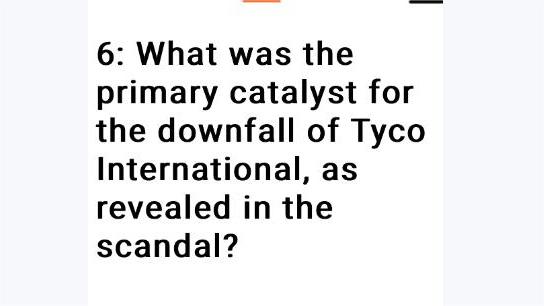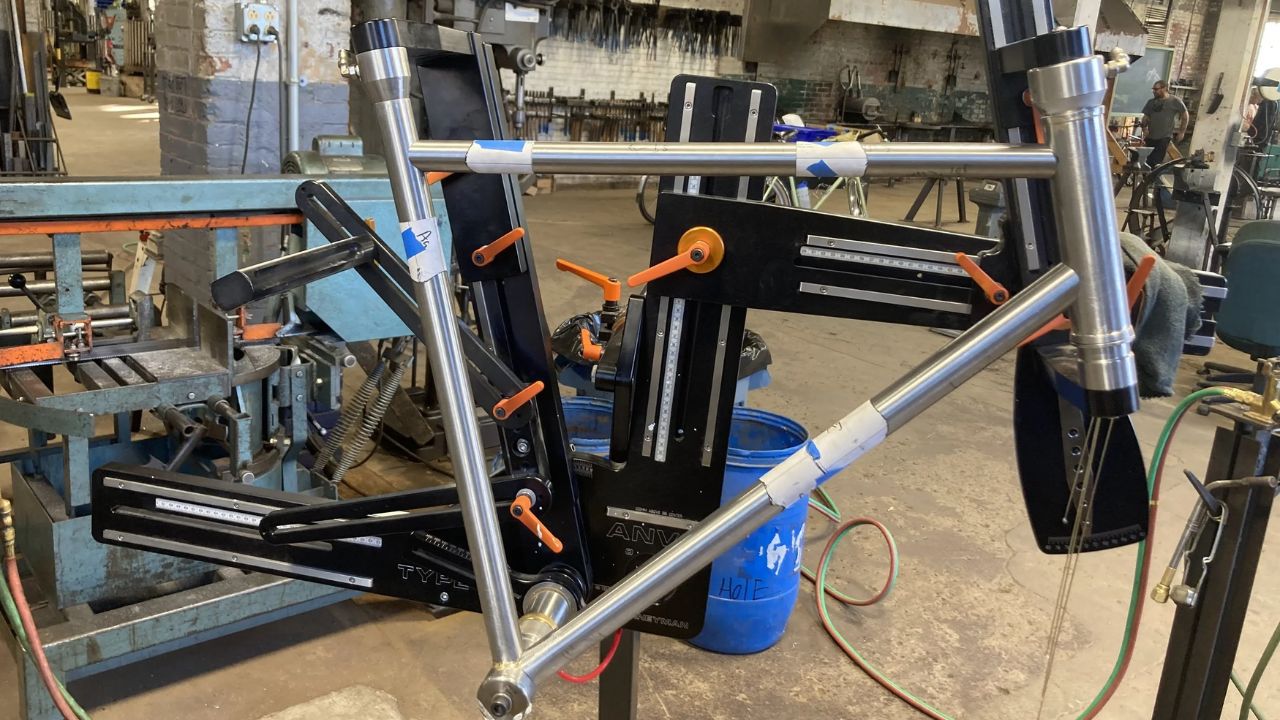
What Triggered the Downfall of Tyco International During the Scandal?
Tyco International was once the most powerful company in the world. A differentiated modern force to be reckoned with, it flaunted a rambling portfolio and a standing for monetary ability. However, a shocking financial scandal at the start of the new millennium revealed an ongoing culture of corruption. As a result, this image of success began to disintegrate.
The aftermath was quick and obliterating, sending Tyco’s stock value diving and leaving a path of monetary ruin. The query what was the primary catalyst for the downfall of tyco international, as revealed in the scandal? are dissected in greater detail in this article. We’ll investigate the moral slips that pervaded the organization’s way of life.
Reasons Behind the Downfall of Tyco International
Here are the reasons behind the downfall of Tyco International:
Corporate Culture and Ethical Lapses
Tyco International thrived in a culture obsessed with short-term profits prior to its demise. Unethical behavior thrived in the absence of oversight. Chiefs like President Dennis Kozlowski took advantage of this by enjoying widespread business ledger extortion, carrying on with sumptuous ways of life subsidized by the organization.
Leadership Failures
Tyco’s administration disappointments were exemplified by Chief Dennis Kozlowski and CFO Imprint Swartz. The company was ultimately doomed as a result of the culture of greed they fostered. Kozlowski and Swartz led lavish lifestyles that were far removed from actual financial circumstances by spending company funds on extravagant personal expenses. This dismissal of monetary controls sent an unmistakable message, individual increase bested capable administration.
Ineffective Board of Directors
Tyco’s Directorate, liable for corporate administration, bombed pitiably in their oversight obligations. Tragically, their primary function of ensuring ethical behavior and acting as a check on executive power was neglected. This disappointment permitted fake exercises to prosper for quite a long time. Possible explanations behind the board’s incapability incorporate an absence of freedom from the leaders they should manage.
Unraveling the Scandal and Consequences
As the fraudulent activities were revealed, Tyco’s house of cards eventually fell apart.
Openness of the Misrepresentation
When whistleblowers and investigative journalists revealed the fraudulent activities, Tyco’s house of cards eventually collapsed. The widespread abuse of expense accounts manipulated financial statements, and overall culture of corruption was discovered through internal investigations and media scrutiny. The company’s true state was made clear by Tyco’s public disclosure, which shattered the façade of its success.
Repercussions in Court
The scandal that was made public sparked a flurry of legal actions against those involved. Investors and the government filed lawsuits against executives like Kozlowski and Swartz. These claims brought about convictions and jail sentences, filling in as a type of equity and an obstacle for future corporate wrongdoing.
Effects on the Finances
Tyco’s financial losses as a result of the scandal were devastating. The company’s stock price plummeted as a result of investors losing faith. Tyco’s resources were further strained by hefty fines imposed by regulatory bodies. The financial ruin of the once-mighty business serves as a stark illustration of the consequences of unethical leadership and unchecked greed.
Steps to Use Gauth for History Questions
Here are the steps to follow to use Gauth for history questions:
Step 1. Access the Main Gauth Interface
Start by sending off the Gauth application on your gadget or getting to the Gauth site through your program. Guarantee you have a steady web association for a consistent connection.
Step 2: Upload a Photo or Write a Question
To directly type in your history question, use the interface’s text input field. Alternatively, you can upload a picture of your question if it is handwritten or contains maps or diagrams. Gauth upholds both text-based and picture-based inquiries to take special care of different organizations of inquiries.
Step 3: Get Your Response
When you present your inquiry, Gauth’s high-level computer-based intelligence calculations promptly start examining it. The computer-based intelligence processes the inquiry by distinguishing key components like dates, occasions, names, and settings applicable to history.
After that, if the question requires it, it generates a comprehensive response that typically includes relevant information, explanations, and sometimes detailed insights or step-by-step solutions.

Step 4: Examine the Response
Take the time to carefully examine Gauth’s response. Based on your comprehension of the history topic, evaluate its accuracy, relevance, and completeness. Pay close attention to the response’s possible additional explanations or historical context.
Bottom Lines
Pervasive corporate misconduct was primarily to blame for Tyco International’s demise during the scandal. This included monetary fumble, deceitful bookkeeping rehearses, and dishonest ways of behaving by top chiefs. These activities disintegrated trust, prompted lawful repercussions, and eventually broke the organization’s standing, denoting a huge section of corporate administration disappointments.


